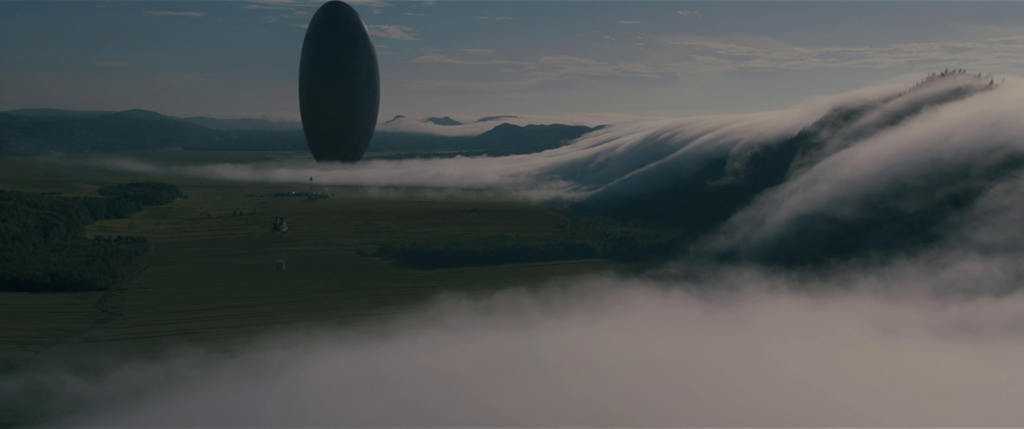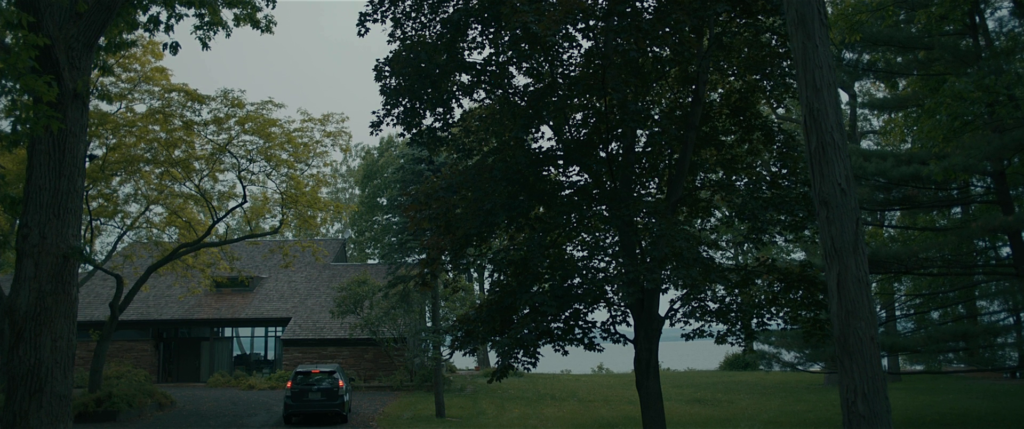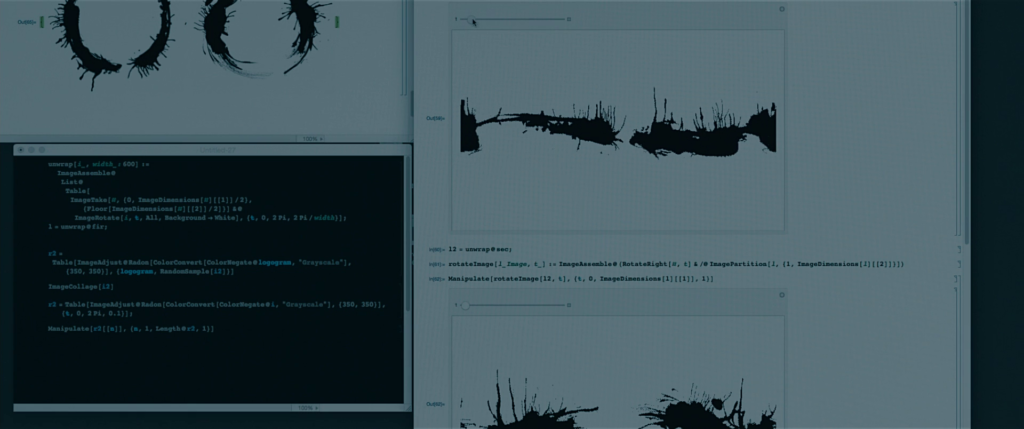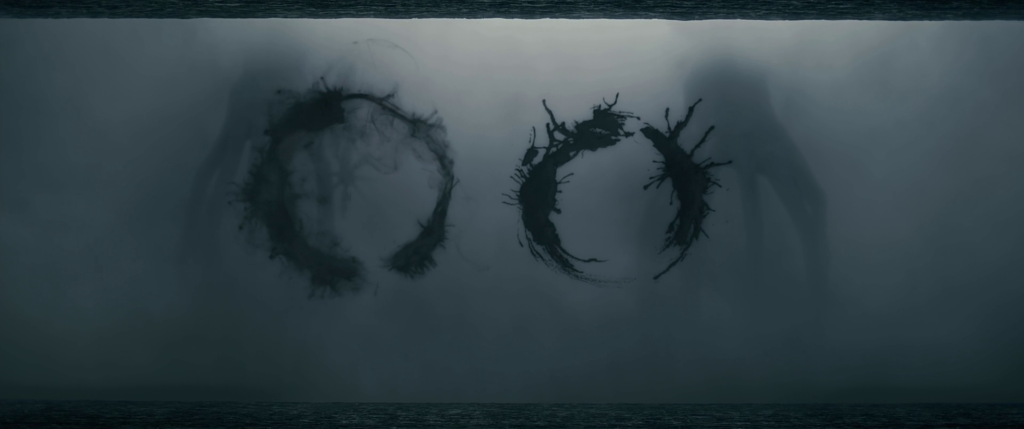I’ve rewatched the Arrival movie from 2016 a bunch of times, though most of the times skipping here and there, just “kinda” rewatching the parts that tickle my brain the right way, out of order as fitting to the movie.
I won’t pretend to understand the dilemma of the heroine or why her choice resulted in what it did. I haven’t been married or had a child, so the gravity of those just goes right above my head. I just assume “probably pretty bad.”

One of my favorite things about the movie is Louise’s house on the lakeshore. I love its atmosphere and design, how open and spacious it is inviting the world in, all the while the character living there doesn’t smile a single time like forever into the movie (present time). It’s a place I’d love to live at (though before moving I’d be worried about mosquitoes and the lake flooding).

Reading about the original short story (“Story of your life” by Ted Chiang) I get the impression that the movie took its basic idea (aliens arrive and someone learns their language) and gave it a pretty different spin. While I appreciate the visuals and the music of the movie, I feel that the story and the characters don’t really hold up to scrutiny.

I’m no linguist nor a scholar in education, but I can’t imagine getting to the point of being able to have a common vocabulary of such complex, abstract concepts as “time” in just a few months without learning anything about the purpose or nature of the aliens gradually. The narrator even says so: the aliens don’t seem to be asking a lot of questions. Meaning most of the dialog is led by the humans then… It’s interesting to consider that they can discuss complex algebra, however in my opinion learning a language is hugely dependent on shared experiences (the immersion plot point), while standing on two sides of a glass wall just acting out stuff can’t get you very far. Like how do you explain “purpose” without causality? And as soon as you try to form a common concept of causality with aliens like those in Arrival you’re bound to notice things en route.

Another point I wasn’t happy about is the key phone call of the story. It’s the grandfather paradox in five minutes. It works perfectly fine with the pacing of the movie (good direction for sure), so watching it once nothing feels off, but going back multiple times over it and giving it a thought rips it apart. On the other hand it’s a powerful and well timed plot device that works well with the rest of the movie.
In a whole however it’s a very rewatchable story with an interesting concept and some thought-provoking ideas. It’s pretty too and the soundtrack is nothing short of fantastic (though it’s not really good for stand-alone listening). The fact that it got me thinking about time and causality, and in extension freedom of will and similar (after I don’t even know, like a decade since last seriously considering these matters), is a sign that it’s good stuff.
